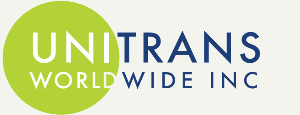From
-
Material Handling & Logistics
“The Corruption Perceptions Index 2015, which was released late January, ranks countries and territories based on how corrupt their public sector is perceived to be. A country’s rank indicates its position relative to the other countries and territories included in the index.”
1. Somalia
2. N. Korea
3. Afghanistan
4. Sudan
5. Angola
6. Libya
7. Irag
8. Venezuela
9. Haiti
10. Yemen
The Corruption Perceptions Index is based on expert opinions of public sector corruption. Countries’ scores can be helped by open government where the public can hold leaders to account, while a poor score is a sign of prevalent bribery, lack of punishment for corruption and public institutions that don’t respond to citizens’ needs.

Follow Us!